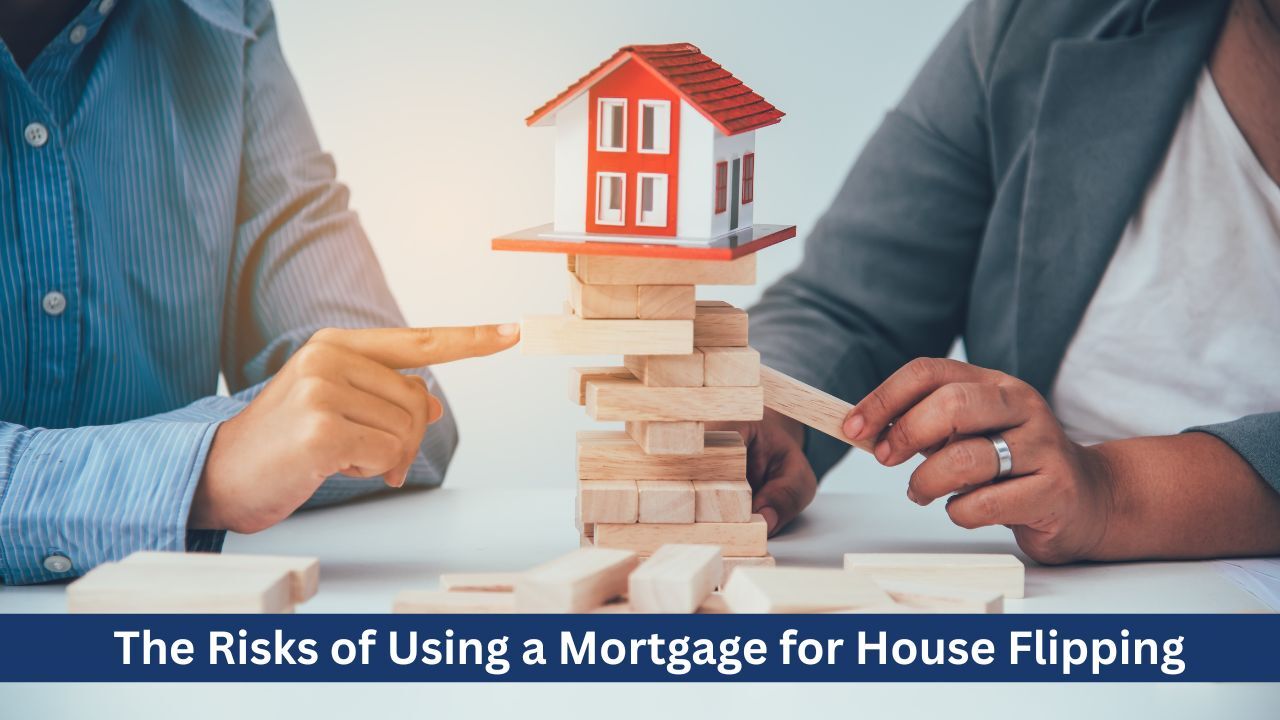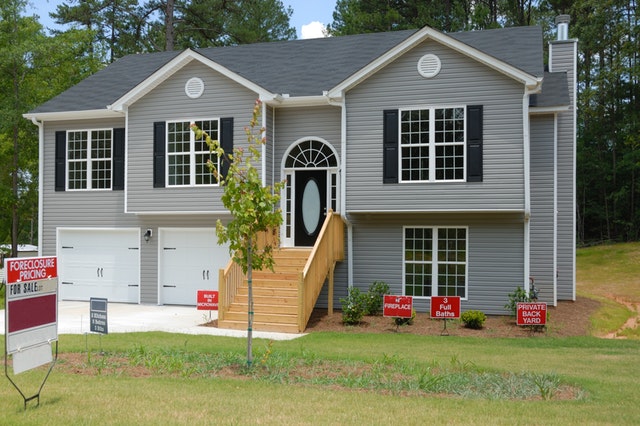The Risks of Using a Mortgage for House Flipping
 House flipping, the practice of buying a property, renovating it, and quickly selling it for a profit, can be an exciting and potentially lucrative investment strategy. However, financing a flip with a traditional mortgage carries significant risks that investors should carefully consider before proceeding.
House flipping, the practice of buying a property, renovating it, and quickly selling it for a profit, can be an exciting and potentially lucrative investment strategy. However, financing a flip with a traditional mortgage carries significant risks that investors should carefully consider before proceeding.
Higher Interest Rates and Fees
Traditional mortgages typically offer lower interest rates for long-term homeownership, but they are not designed for short-term investments like flipping. Many lenders may charge higher rates or fees on loans for investment properties. This can increase your carrying costs, reducing your profit margin.
Longer Approval and Closing Times
Mortgage approval processes for primary residences can take weeks, while house flipping often requires quick acquisitions to capitalize on market opportunities. Delays in mortgage approval or closing can cause you to miss out on desirable properties or force you to pay higher prices.
Limited Loan Terms for Flippers
Some mortgage programs have restrictions on how soon you can sell or refinance the home after purchase. Selling too soon may trigger penalties or require repayment of certain fees. Additionally, lenders may require higher credit scores or down payments for investment loans, making financing more difficult.
Market Volatility Risks
The housing market can fluctuate rapidly. If property values decline during your renovation or holding period, you could end up selling at a loss. Mortgages with fixed monthly payments mean you must cover these costs regardless of market conditions, which can strain your finances.
Renovation Uncertainties
Unexpected costs or delays in renovation projects can increase your expenses and holding time. If your mortgage payments continue while the home is not generating income, your profits may shrink or disappear altogether.
Liquidity and Cash Flow Constraints
Using a mortgage increases your financial obligations, requiring steady monthly payments. If the property does not sell quickly, or if you cannot secure tenants for rental income, you could face cash flow challenges. This risk is especially high if you rely solely on financing without sufficient reserves.
Tax Implications
House flipping profits are often treated as ordinary income and may be subject to higher tax rates. Additionally, mortgage interest deductions may be limited on investment properties compared to primary residences. Consulting a tax professional is critical to understanding your specific situation.
Alternatives to Traditional Mortgages
Many flippers use hard money loans or private financing, which offer faster approvals and more flexible terms but come with higher interest rates. Balancing these options against traditional mortgages depends on your experience, capital, and risk tolerance.
While using a mortgage to finance house flipping may be tempting due to lower interest rates, the risks and constraints can outweigh the benefits. Careful planning, realistic budgeting, and consultation with mortgage and real estate professionals can help you navigate these challenges and improve your chances of a successful flip.
If you are considering financing a flip with a mortgage, it is important to weigh all risks and options before making a commitment.

 Home equity is the difference between what your home can sell for and what you owe on it. Generally, the longer you own your home, the more equity you build.
Home equity is the difference between what your home can sell for and what you owe on it. Generally, the longer you own your home, the more equity you build. Aside from owning a business, owning rental property has been one of the top investment choices for people, most commonly done through buying a second home. Handled right, income properties can generate significant gains for investors, both in terms of real estate appreciation as well as monthly income from tenants. However, it’s not sure a surefire approach to financial success. There are a lot of ways that a budding real estate investor can go sideways with an investment property home purchase as well.
Aside from owning a business, owning rental property has been one of the top investment choices for people, most commonly done through buying a second home. Handled right, income properties can generate significant gains for investors, both in terms of real estate appreciation as well as monthly income from tenants. However, it’s not sure a surefire approach to financial success. There are a lot of ways that a budding real estate investor can go sideways with an investment property home purchase as well.